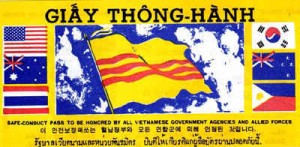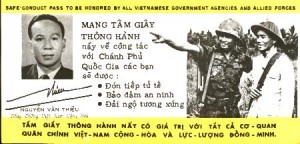
A really excellent piece of work by my good friend Andrew Cockburn.
Los Angeles Times
April 3, 2011
Wars cannot be won with precision bombings alone. NATO's air war against Serbia is often touted as a success, but even that took longer than predicted and the cease-fire terms were unchanged.
By Andrew Cockburn
No one following the record of air power as an instrument of national whim should be surprised that Moammar Kadafi's army remains apparently uncowed, even driving Libyan rebels back in headlong retreat despite an onslaught of NATO bombs and missiles. In fact, history is repeating itself in more ways than one.
The very first bombing raid ever occurred almost 100 years ago on Nov. 1, 1911, when an Italian airman hand-dropped four 4.5-pound bombs on forces defending Tripoli against Italian invaders. This momentous event went down well with the press: “Italian Military Aviator Outside Tripoli Proves War Value of Aeroplane,” headlined the New York Times. But it had little effect on the fighting, thus commencing a pattern of disappointment that has recurred with monotonous regularity in subsequent conflicts, irrespective of advances in technology. Precision bombing, touted as an instrument of victory in World War II and Vietnam, turned out to be anything but, leaving the wars to be decided by foot soldiers on the ground.
See Also:






